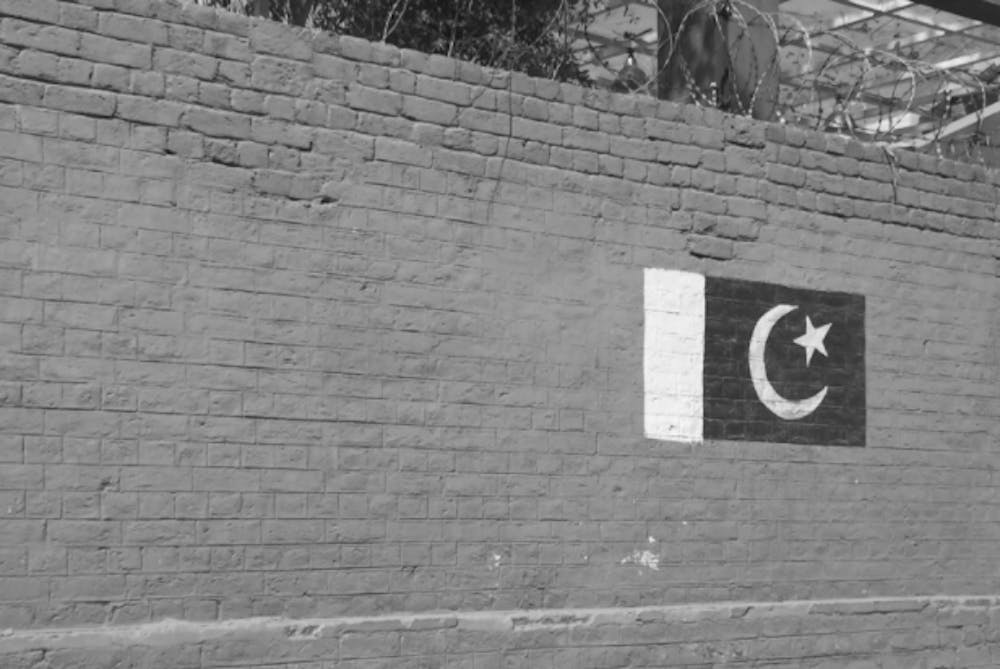“I am a girl. I am seven years old. I live in Kasur. I love mangoes.”
Zainab Amin, only seven years old, was kidnapped, raped and murdered in Kasur, Pakistan, on Jan. 4. Her body was found in a heap of trash five days later.
News of rape is heartbreaking, but more so, it is angering. I was angry because hearing this news from my country was not unusual. I was angry because my reaction was so customary, and I never thought that the world would reach a stage where stories like this are “just so sad, but it happens.” My social media feeds were overflowing with #JusticeForZainab posts, photos of the young girl with a mere hashtag that would somehow miraculously undo the incident and transform my society. A day later, 20-second long, black and white security camera footage of Zainab being led by a mysterious man along the street outside her house was surfacing on the web. Her playful skips, her innocence and her blind trust were unnerving.
There is a grave issue, a flaw, in my society. We always tend to focus on the wrong thing, the more futile thing. We tend to focus on what the girl did that put herself in the situation, rather than what actually happened to her. We tend to blame. And who do we usually blame? The victim. While there is no doubt that there are many progressive Pakistanis, the majority of my country is entwined with and fastened to a very rural and narrow mindset.
One month later and the #JusticeForZainab posts have simmered down, almost as though she has been forgotten. However, there has been some progress made in the Pakistani Supreme Court. The suspected murderer and rapist of Zainab has been identified as Imran Ali, and there is a nationwide demand that he be publicly hanged. Now, whether this public hanging will scare society and prevent cases like this from happening again is uncertain; it is a shame that a part of my society does not know that rape is not okay. After Zainab’s case, there were a few other victims that were discovered, but their stories did not reach social media platforms, hence few knew that there was yet another girl whose life was taken.
I often ponder over whether there is a way to use social media to directly make a change, because I feel it has made us normalize other people’s pain and suffering. In addition, it has normalized the bad in the world. While Zainab’s case is only one out of the many unfortunate cases that happen and have happened, I felt that voicing an incident in my country to you, the reader, would make you think about the happenings on the other side of the world.
Mangoes — “aam” — symbolize immortality and love in my culture. Zainab is the aam of my society: a sweet fruit that will receive justice and ripen in a vast field of other mangoes, a field that will hopefully become safer.



